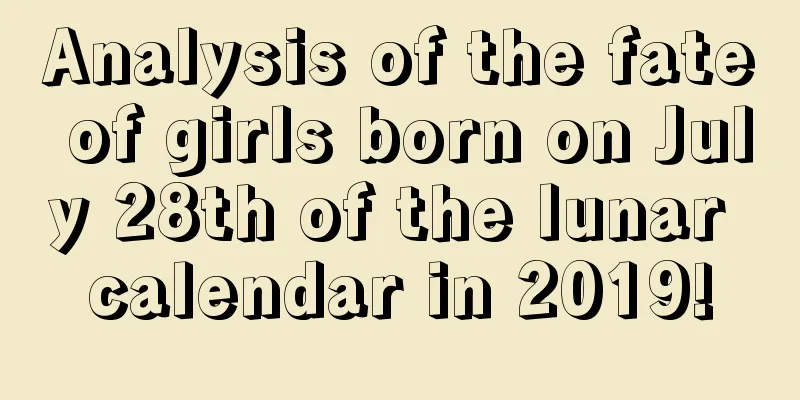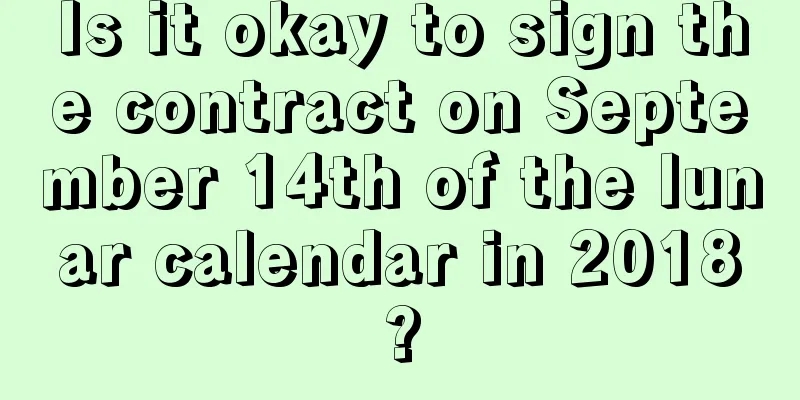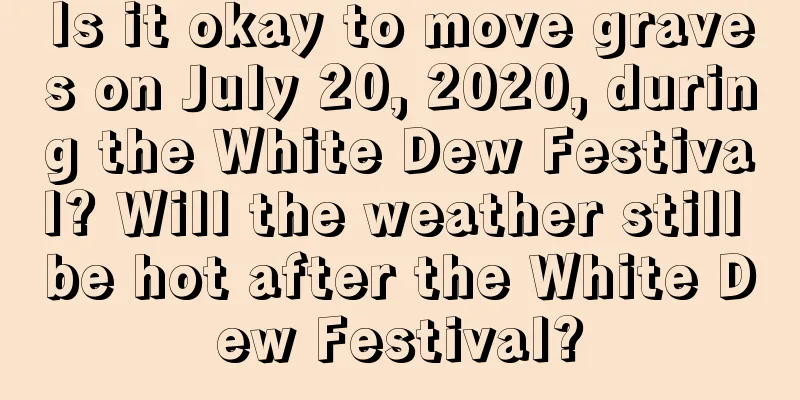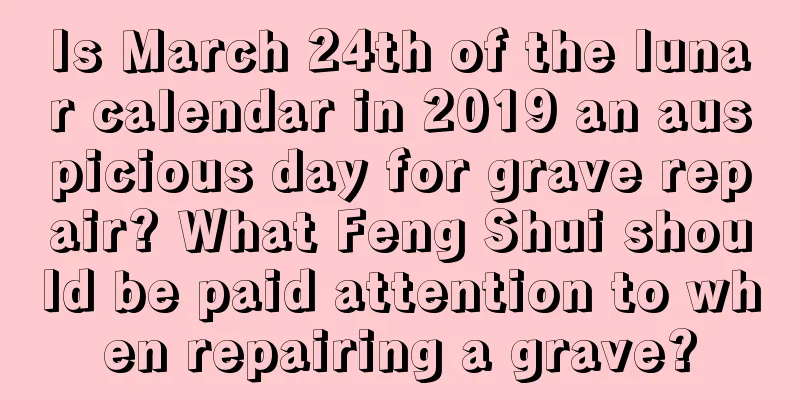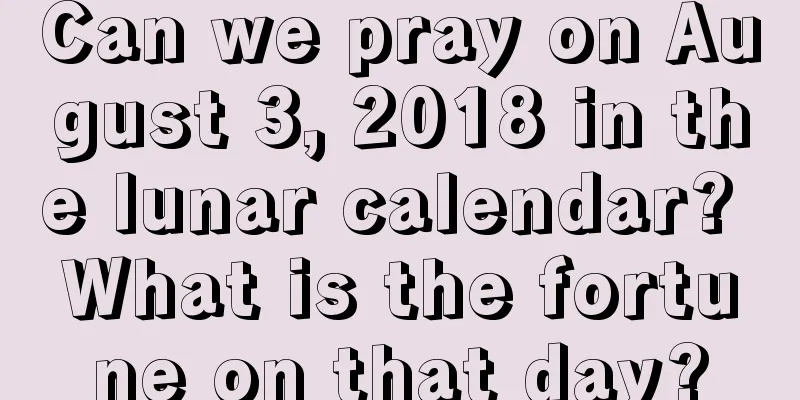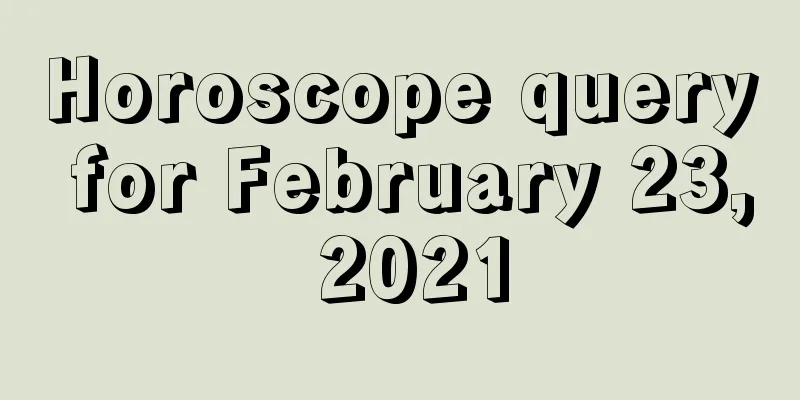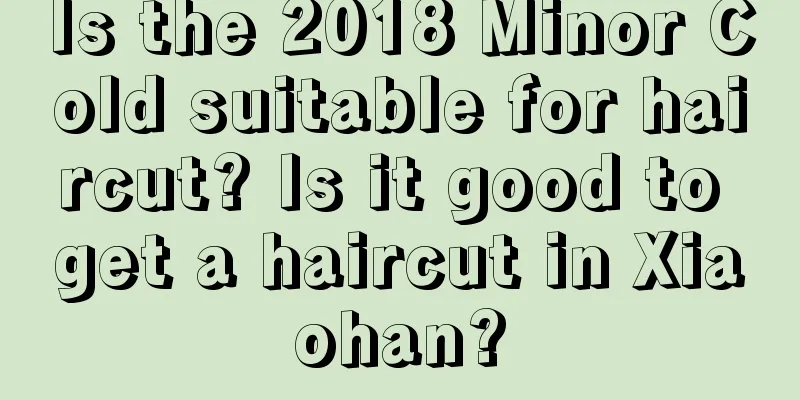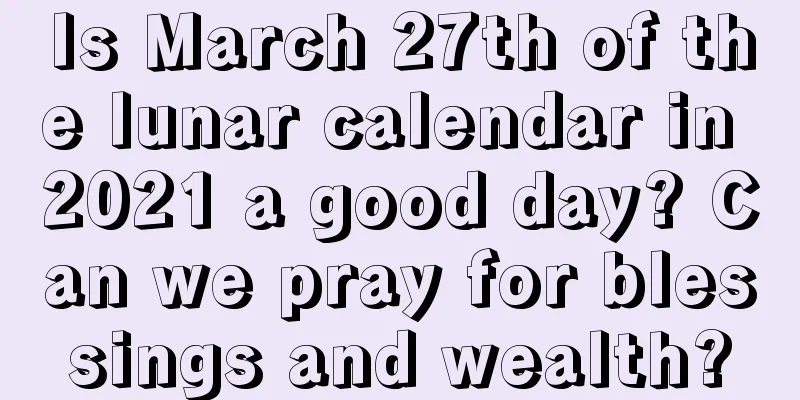What is the relationship between Cold Food Festival and Qingming Festival? What are the customs and habits of Cold Food Festival?
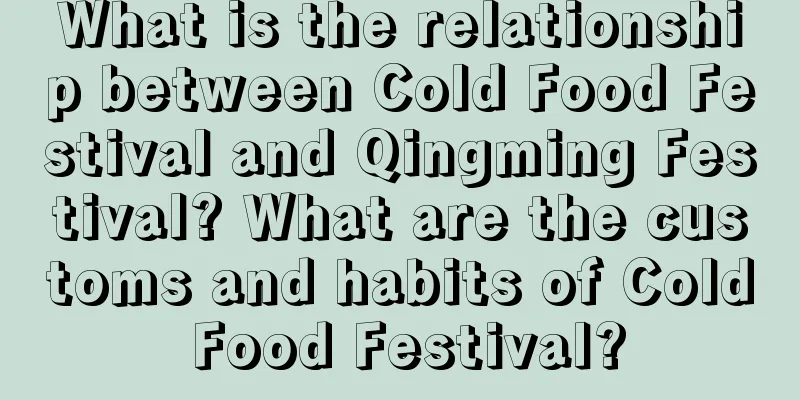
Introduction: There are many traditional festivals in our country's traditional culture, and Cold Food Festival is one of them. So what is the relationship between Cold Food Festival and Qingming Festival? What are the customs and habits of Cold Food Festival? Spring is a season of vitality and revival, but the weather changes greatly. Shuimoxiansheng.com has summarized the festivals and solar terms in February of the lunar calendar in 2019. You are welcome to check it out!What is the relationship between Cold Food Festival and Qingming Festival?The Cold Food Festival is usually on the 105th day after the winter solstice, which is close to the date of Qingming Festival.People usually abstain from fire and eat cold food at tomb-sweeping day, and take new fire and go outing on Qingming day. In ancient China, spring festivals used to be held on the Cold Food Festival, until it was later changed to the Qingming Festival. Cold Food Festival and Qingming Festival are originally two festivals, but the customs in different places are different. Most areas celebrate the Cold Food Festival on the day before Qingming Festival. A few places celebrate it two days before Qingming Festival. Still other places celebrate the Cold Food Festival on the day before Qingming Festival as Cold Food Festival, and the two days before Qingming Festival as Minor Cold Food Festival. What are the customs and habits of Cold Food Festival?Cold Food Festival Customs: Fire Ban <br /> The Cold Food Festival was also called the "No Smoking Festival" in ancient times. Every family was forbidden to light fires and eat cold food. However, due to the Chinese people's persistent feeling of commemorating the ancient sages, it was banned and revived repeatedly from the Eastern Han Dynasty to the Southern and Northern Dynasties, and the royal family of the Tang Dynasty recognized and participated in it. The line "Let's try the new tea with the new fire" in Su Shi's "Wang Jiangnan from Chaoran Terrace" refers to the poet's act of making tea after the Cold Food Festival. In Shanxi, the custom of banning fire during the Cold Food Festival is mostly one day, and only a few places still have the custom of banning fire for three days.Cold Food Festival Customs: Planting Willows <br /> The willow is a symbol of the Cold Food Festival, originally meant to commemorate Jie Zitui’s pursuit of political clarity. As early as the Southern and Northern Dynasties, there was a record in "Jingchu Sui Shi Ji" that "on the Cold Food Day in the Jianghuai area, every family would break willow branches and insert them into the door." In Anhui, Suzhou and other places, it was also popular to wear mustard flowers and wheat leaves instead of willow branches. According to historical records from various places: "willows are planted on graves", "willow branches are broken off and marked on doors", "willows are planted on eaves, in bedrooms and kitchens", "also worn on the head or tied as a belt", "stored in bottles and offered to Buddha and gods", "willows are planted on doors", so there is a saying among the people that "if you don't wear willows during Qingming (Cold Food Festival), your beauty will turn into white hair". Cold Food Festival Customs: Outing <br /> Also known as spring outing, it was popular in the Tang and Song dynasties. Song Dynasty Li Zhiyan's "What I Saw in Donggu" records: "After paying respects and sweeping the ground, he went sightseeing with his brothers, wife, relatives and close friends, and returned home happily." The Ming Dynasty's "A Brief Account of Emperor's Scenery" records the outing scene in the capital as follows: "On the Qingming Festival (Cold Food Festival) every year, the people of the capital go outing. There are tens of thousands of people in carriages, on horseback, and on foot." It can be said to be a grand occasion. Cold Food Festival Customs: Swings <br /> Swings were originally an entertainment activity for court ladies during the ancient Cold Food Festival. Wang Renyu of the Five Dynasties wrote in "Kaiyuan Tianbao Yishi" that "During the Cold Food Festival, the Tianbao Palace erected a swing and asked the concubines to play and laugh as a feast. The emperor called it a half-immortal play, and the people in the capital called it that." Wen Yanbo, the prime minister of the Song Dynasty, wrote in his poem "Passing the Dragon Gate on the Cold Food Day" that "willows hang down green threads by the bridge, and swings stand in a forest with colorful ropes." Customs of the Cold Food Festival: Ancestor Worship <br /> Grave sweeping and ancestor worship on the Cold Food Festival were considered "wild sacrifices" from the Southern and Northern Dynasties to the Tang Dynasty. In the Tang Dynasty, it was included in "Kaiyuan Ritual" "Volume 87: Worship and Sweeping for Kings and Dukes and Below (Attached to the Worship and Sweeping for Cold Food Festival)" and became one of the auspicious ceremonies officially recognized and advocated. Later it evolved into the royal family offering sacrifices to the tombs; government officials offering sacrifices to the Confucius Temple and to the sages; and the common people visiting the graves, etc. At that time, a family or a clan would go to the ancestral grave together, offer sacrifices, add soil, hang paper money, then scatter Zitui Swallow, Snake and Rabbit on the top of the grave and roll them down, then string them up with willow branches or knotty needles and place them in a high place in the room, in the hope of receiving the ancestors' virtues. Cold Food Festival Customs: Reciting Poems <br /> During the Cold Food Festival, writers may miss their hometowns and relatives, or use the scenery to evoke emotions, and they may feel a lot of emotions, be inspired, and be inspired to write poems. Many people recite poems. According to research, the Complete Tang Poems alone contains more than 300 poems by famous people such as Emperor Xuanzong of Tang, Zhang Shuo, Du Fu, Han Yu, and Liu Zongyuan, and there are also more than 100 lyrics and songs from the Song, Jin, and Yuan dynasties, making it a unique flower in Chinese poetry art. Cold Food Festival customs: Food <br /> Cold Food foods include cold food porridge, cold food noodles, cold food juice, green rice and sugar, etc.; cold food offerings include noodle swallows, snake-coated rabbits, jujube cakes, fine barley, and god dumplings, etc.; beverages include spring wine, new tea, clear spring water, etc. There are dozens of kinds. Most of them have profound meanings. For example, offering snakes coiled around rabbits as sacrifices means that there is a saying that "snakes coiled around rabbits will surely bring wealth", which means hoping for the people to be rich and the country to be strong; Zitui Yan is taken from the Jiexiu dialect "Nian Nian", which means not to forget Jietui's noble character... People in southern Shanxi are accustomed to eating jelly, cold noodles, cold cakes, etc. In northern Shanxi, people usually eat Chaoqi (steamed cake or flour, cut into dice-sized cubes, dry in the sun, and fry with soil until they turn yellow) as food on Cold Food Day. In some mountainous areas, the whole family eats fried noodles (frying grains, mixing with various dried fruits, and grinding into noodles) on this day. During the Cold Food Festival, people celebrate by steaming cold swallows. They use flour to shape thumb-sized swallows, songbirds, animals, fruits, flowers, etc. After steaming, they are colored and inserted into the thorns of the jujube tree to decorate the room or given as gifts. Cold Food Festival Customs: Cuju <br /> Popular in the Tang Dynasty, Song Dynasty's "Wenxian Tongkao" records: "Cuju, probably started in the Tang Dynasty. Plant two tall bamboos, several feet high, with a net on top, as a gate to measure the ball, the players are divided into left and right teams, and the winner is the corner." Historical records: Tang Dezong, Xianzong, Muzong, Jingzong all liked to play Cuju. "Zhoufu Yuangui" records: "In the twelfth year of Zhenyuan in Tang Dezong, on the Cold Food Festival in February, the emperor went to the East Pavilion of Qidian Hall to watch the military officials and the sons of meritorious relatives play Cuju, and also gave the prime minister a banquet." There is also a "Taizu Cuju Picture" in the Song Dynasty. The new wave of annual fortune in 2019 has already changed. Calculate your own fortune in advance, correct your mistakes if there are any, and encourage yourself if there are none, so that the new year will be smooth and safe. To calculate your new fortune in 2019, please click on the [Premium Calculation] below to learn about your new fortune. I wish you peace and happiness in the new year! |
Recommend
Is the second day of the sixth lunar month in 2022 a good day? Is it suitable for proposing?
The sixth lunar month has arrived. Is the second d...
Is the seventh day of the eighth lunar month in 2018 an auspicious day for signing a contract?
The reason for choosing an auspicious day to sign ...
Why do we eat eggs during Qingming Festival? What are the sayings and etiquettes about eating eggs during Qingming Festival?
Eating is also a unique culture in China. Many tra...
What is the lunar calendar for the sixth day of the fourth lunar month in 2021? Can I get a haircut?
April is the beginning of summer, when golden whea...
Analysis of the fate of girls born on March 3, 2021, what is the fate of girls?
The time a girl is born will also affect her desti...
What day is June 25th in the lunar calendar 2021? Is this a good day to go out?
The lotus leaves reaching the sky are endless and ...
Is it a good idea to go back to my parents’ home during the Dragon Boat Festival in 2019? What are the rules for going back to my parents’ home during the Dragon Boat Festival?
Introduction: The Dragon Boat Festival is an impor...
Is December 23rd of the lunar calendar 2020 an auspicious day for marriage?
Is December 23rd of the lunar calendar 2020 an au...
Is August 25th of the lunar calendar in 2018 a suitable date for opening a new store?
As the eighth month of the lunar calendar arrives...
Is June 11th of the lunar calendar in 2019 an auspicious day? The fate of boys born on June 11th
The summer wind brings heat and the earth is steam...
Where is the direction of the God of Happiness on April 28, 2019?
If you want to know more about the dates in April...
Is June 28th, 2020 suitable for a haircut? What are the solar terms in June of the lunar calendar, 2020?
Introduction: Haircuts also need to choose auspici...
Festival Date - What festival is on the 24th day of the twelfth lunar month in the year of Ji Hai in 2019?
Festivals are days that have special significance ...
How are those who died on New Year's Day 2019? Is New Year’s Day a good day?
How are those who died on New Year's Day 2019?...
When is the exact date of the Lidong solar term in 2018?
The time before and after each solar term is exten...
